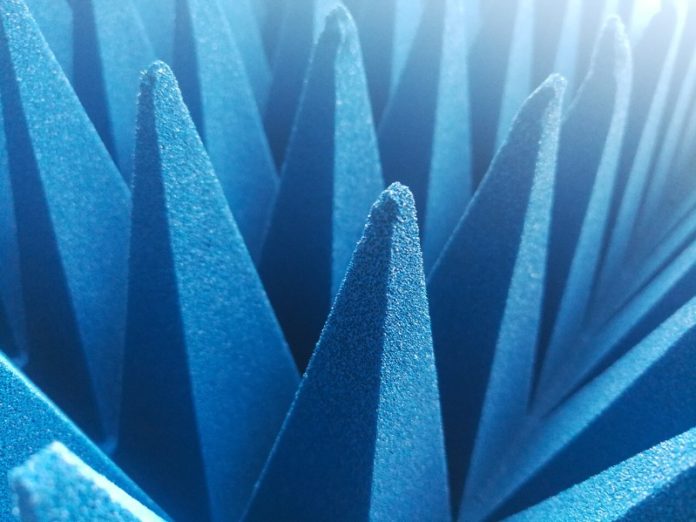A new NPRM from the FCC will propose bringing rules on test lab certification in line with federal law on secure networks
The Federal Communications Commission will vote at its open meeting on Thursday on a proposal meant to ensure that the hundreds of labs which test and certify electronic devices for use in the United States don’t represent national security risks.
The move is a bipartisan one, spearheaded jointly by FCC Chairwoman Jessica Rosenworcel and Commissioner Brendan Carr, the longest-serving Republican on the FCC.
In a statement, Carr noted that the vote by the FCC builds upon a recent action by the commission to deny a request from Chinese vendor Huawei that its test lab be allowed to continue certifying equipment that was bound for the U.S. market—where Huawei’s equipment has been banned, with efforts underway to replace the vendor’s gear in domestic telecom networks.
The FCC requires that all electronic devices which produce radio frequencies (RF) have to be tested and certified for use in the United States, to make sure that they comply with FCC standards for RF emissions, power levels and so on. Only authorized test labs and certification bodies can conduct that testing, which encompasses tens of thousands of devices each year. Until now, the FCC noted, its eligibility criteria for test labs scrutinized the labs’ “impartiality and technical competence, rather than trustworthiness.”
However, on April 30, the FCC denied a request from a Huawei-affiliated test lab in Guangdong, China to be renewed as an FCC-approved certification lab. The U.S. agency also reviewed its list of approved labs and said that it identified others with “deep ties to the Communist Party of China (CCP), including entities that are affiliated with Chinese state-owned-enterprises, entities that are involved in China’s MilitaryCivil Fusion apparatus through their apparent work with the CCP’s People’s Liberation Army (PLA), and even entities that are themselves PRC-state actors. These labs have processed thousands of applications for devices bound for the U.S. market over the last several years.”
“Untrustworthy actors should not be participating in the FCC’s equipment authorization process,” Carr said. “But Huawei is far from the only ‘Bad Lab’ that has been approved to participate in the FCC’s equipment authorization process—there are others with deep ties to the [Communist Party of China] that may pose a significant risk to the security of our networks, including entities who appear to be defense contractors for the Chinese military and even PRC-state agencies themselves. So I am pleased we are taking the step of proposing that the test labs and certification bodies that review devices before they can be used in the U.S. are themselves trustworthy actors that we can rely on, including by barring those with risky ties to the CCP. This latest action represents another significant step in our work to strengthen our networks against risks posed by foreign adversaries.”
The FCC said in a release that the Notice of Proposed Rulemaking (NPRM) on which it will vote tomorrow would rely on “official security determinations that the U.S. government has made, including the Covered List and the Defense Department’s List of Chinese Military Companies” and that it seeks to “better align the rules governing [Telecommunication Certification Bodies or TCBs]and test labs with the Secure Equipment Act’s provisions, which prohibit the authorization of covered equipment.”

